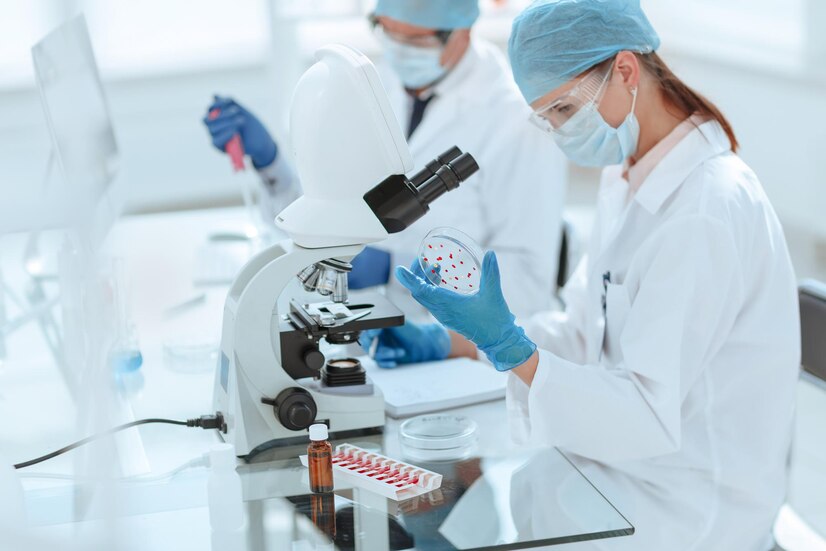
Coronavirus Disease (COVID-19) was caused by the Severe Acute Respiratory Coronavirus 2 (SARS-Cov-2) first case declared in December 2019, originated in Wuhan, China has spread worldwide unprecedentedly. The general objective of this study was to assess the effect of COVID-19 containment measures on project performance in Rwanda: a case of the SEAD West Project while the specific objectives were to assess the effects of COVID-19 containment measures on project performance, to investigate the post-COVID-19 recovery measures in reawakening projects and to ascertain future lessons learned from COVID-19 containment measures. The total equaled 228 and the sample size was 144. The type of data was cross-sectional while the study adopted adopt descriptive and inferential statistics. The questionnaire, interview, and documentary review were engaged as three tools for data collection. Quantitative data were analyzed by the use of Statistical Package for Social Sciences (SPSS) while Qualitative data were analyzed and discussed using thematic analysis. The findings showed 92.36% of total interventions offered by the projects have stopped as a result of COVID-19 containment measures. About 68,1% concurred that restriction of the movement led to wastages of resources while 61.1% consented to work at home had affected unmet time delivery of project outputs and 59.9% agreed with the statement that sanitary measures led to an increase in project cost. Finally, yet importantly, 43.1% consented to lockdowns leading to increasing unemployment. Lockdowns, working at home, restriction of movement, and imposed sanitary measures have had a negative relationship with project performance. As a post-COVID-19 recovery measure, 40.3% planned to request soft loans from the Saving and Credit Association, 22.9% planned to request a loan in Microfinance institutions, 19.4% planned to apply for grants and donations from development partners, 14.6% planned to borrow in commercial banks while only 2.8% should use their deposited money (savings). The majority preferred to request loans from saving and credit associations because most frequently, the requirements for collateral, interest rates, and repayment procedures are what prevent many less advantaged persons from obtaining loans from formal banking institutions. The study recommended the government of Rwanda strengthen its ministries to always be ready to respond to every situation smoothly, saving and credit associations should be promoted and strengthened as the preferable source of recovery funds to small businesses, and finally, yet importantly, the great lessons learned in the era of COVID-19 is for both public, private and civil society organizations to invest in the use of technology.
Keywords: COVID-19; SEAD West project and Project performance.



